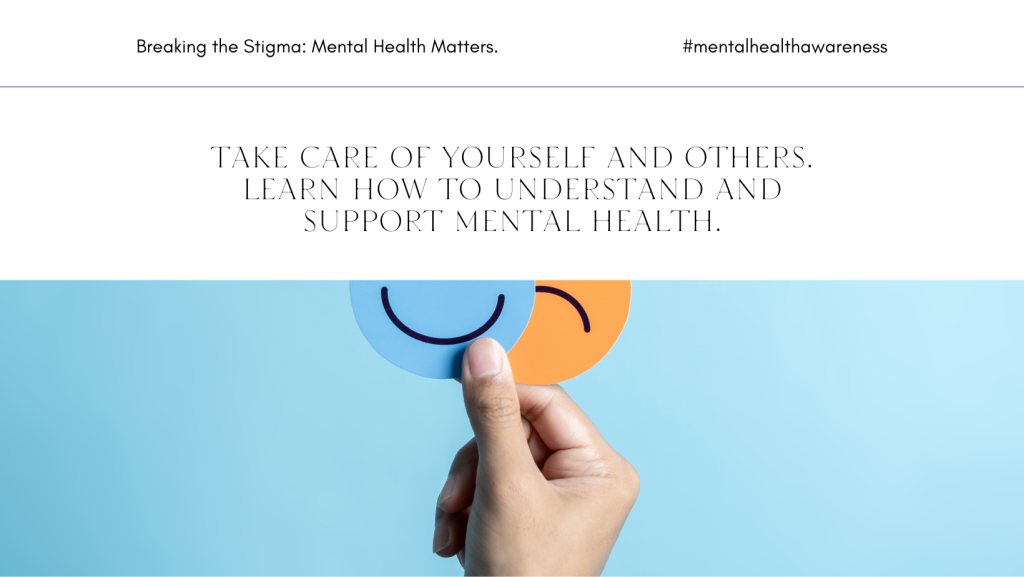In recent years, there has been a growing recognition of the importance of mental health and the need to address the stigma surrounding it. While progress has been made in raising awareness and promoting acceptance, there is still much work to be done to ensure that individuals with mental health conditions receive the support and understanding they deserve.
One of the biggest barriers to mental health support is the stigma and discrimination that still exists in society. Despite increased awareness, many people continue to face prejudice and judgment when it comes to their mental health struggles. This can lead to feelings of shame and isolation, preventing individuals from seeking help and accessing the resources they need to heal.
To break the stigma surrounding mental health, it’s essential to educate the public about the realities of mental illness and challenge harmful stereotypes and misconceptions. This involves promoting open and honest conversations about mental health, highlighting the prevalence of mental health conditions, and emphasizing that seeking help is a sign of strength, not weakness.
Supporting mental health also requires investing in accessible and affordable mental health services and resources. This includes expanding access to therapy and counseling, increasing funding for mental health research, and integrating mental health education into school curriculums. By making mental health care more accessible and equitable, we can ensure that everyone has the support they need to thrive.
Additionally, fostering a culture of empathy and understanding is crucial in supporting mental health. This involves actively listening to others, offering support and encouragement, and practicing self-care and self-compassion. By creating a supportive environment where people feel safe to share their experiences and seek help, we can break down barriers and promote positive mental health outcomes for all.
In conclusion, breaking the stigma surrounding mental health requires a collective effort to promote understanding, provide support, and advocate for change. By working together to challenge stigma, increase access to mental health care, and foster empathy and acceptance, we can create a society where everyone feels valued, supported, and empowered to prioritize their mental health and well-being.



